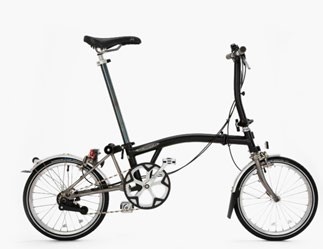Amendments to China’s Copyright Law
The first substantial amendments to China’s Copyright Law in 20 years were passed in November 2020 and will come into effect on 1 June 2021 (the Amendments). The Amendments primarily focus on enhancing protections for copyright owners, better aligning China’s Copyright Law with international standards, and implementing the Beijing Treaty on Audiovisual Performances that entered into force in April 2020.
The heavy deterrence-related focus of the revised Copyright Law will strengthen protections for copyright owners, particularly relating to digital piracy.
Read More

